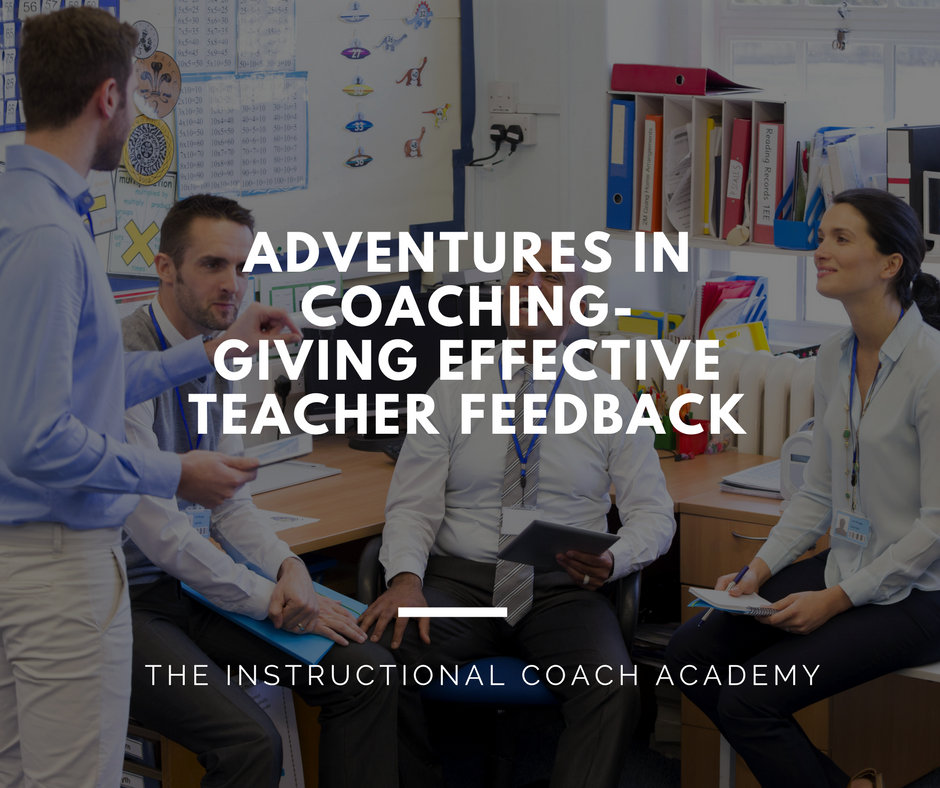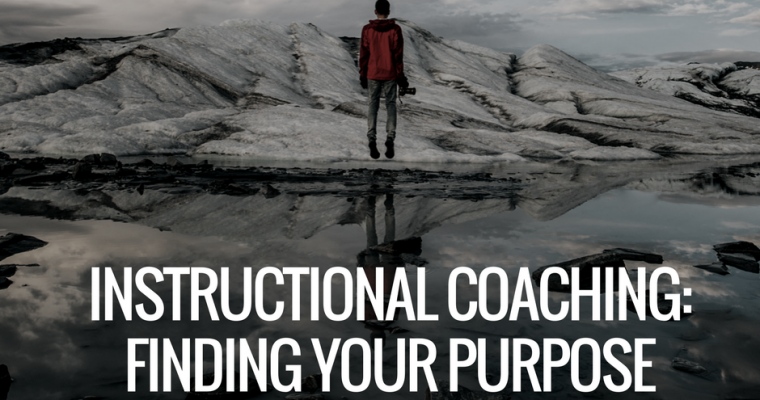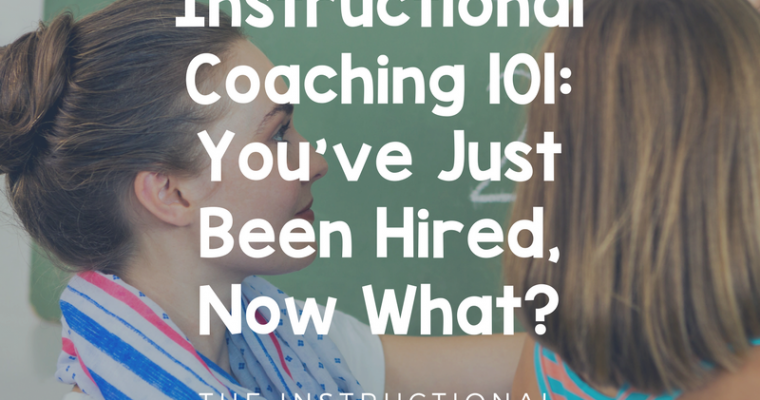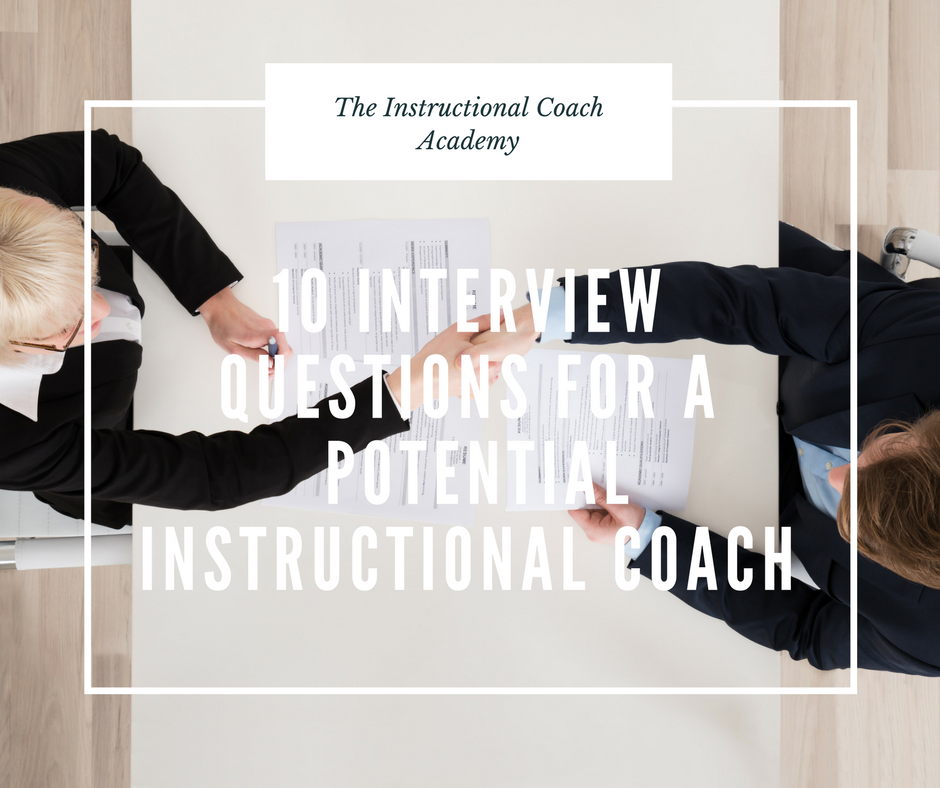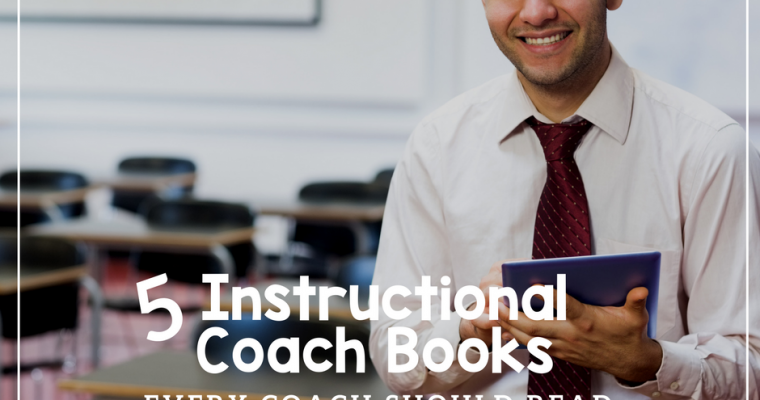[September] Teacher Self-Care Calendar For Teachers
It’s September and whether you’re starting school after Labor Day or you’ve been in school for a month, there’s no wrong time for helping your teachers take care of themselves. Use this printable to build relationships with your teachers. To download this in a PDF, […]
![[September] Teacher Self-Care Calendar For Teachers](https://theinstructionalcoachacademy.com/wp-content/uploads/2018/09/September-Self-Care-Calendar.001-760x400.jpeg)

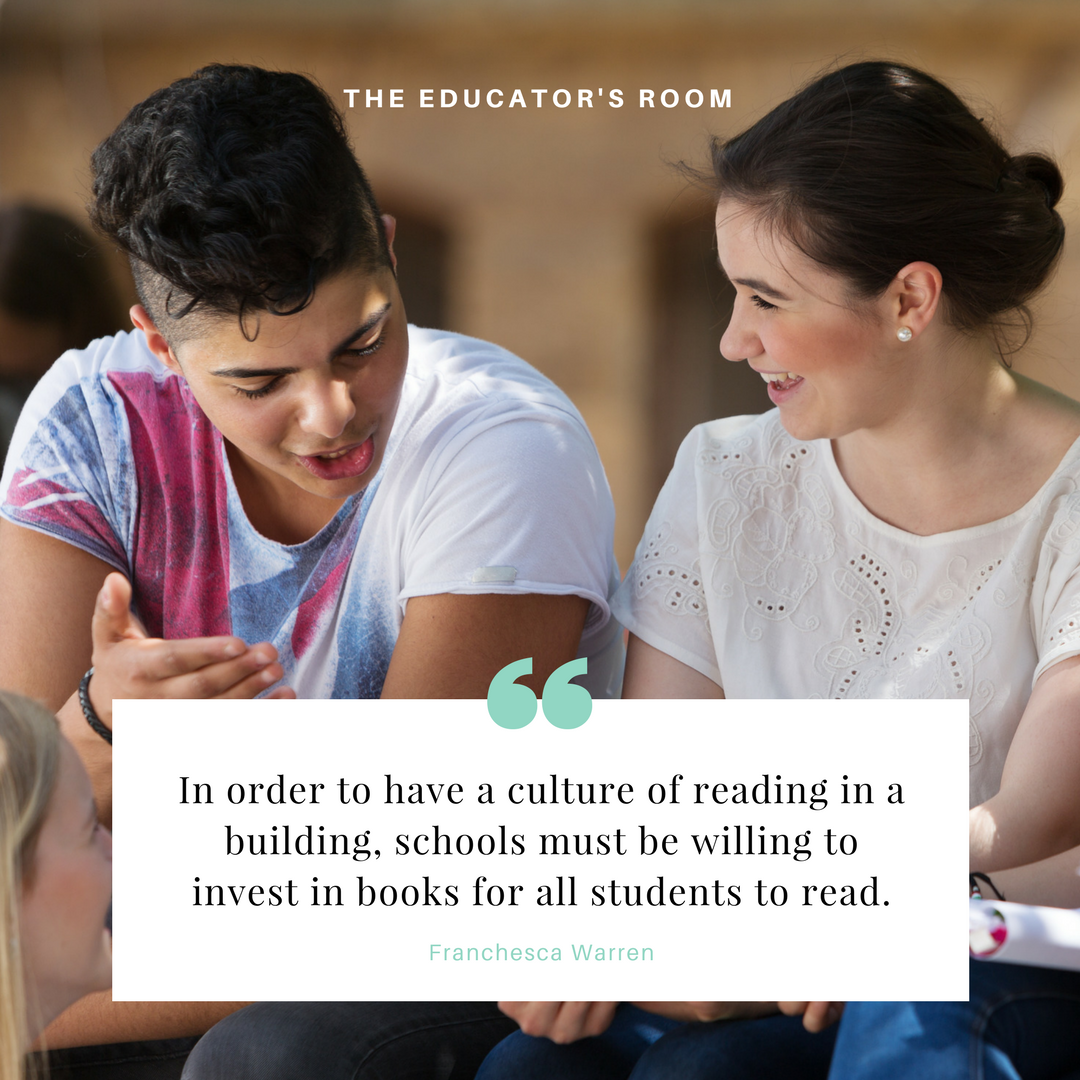
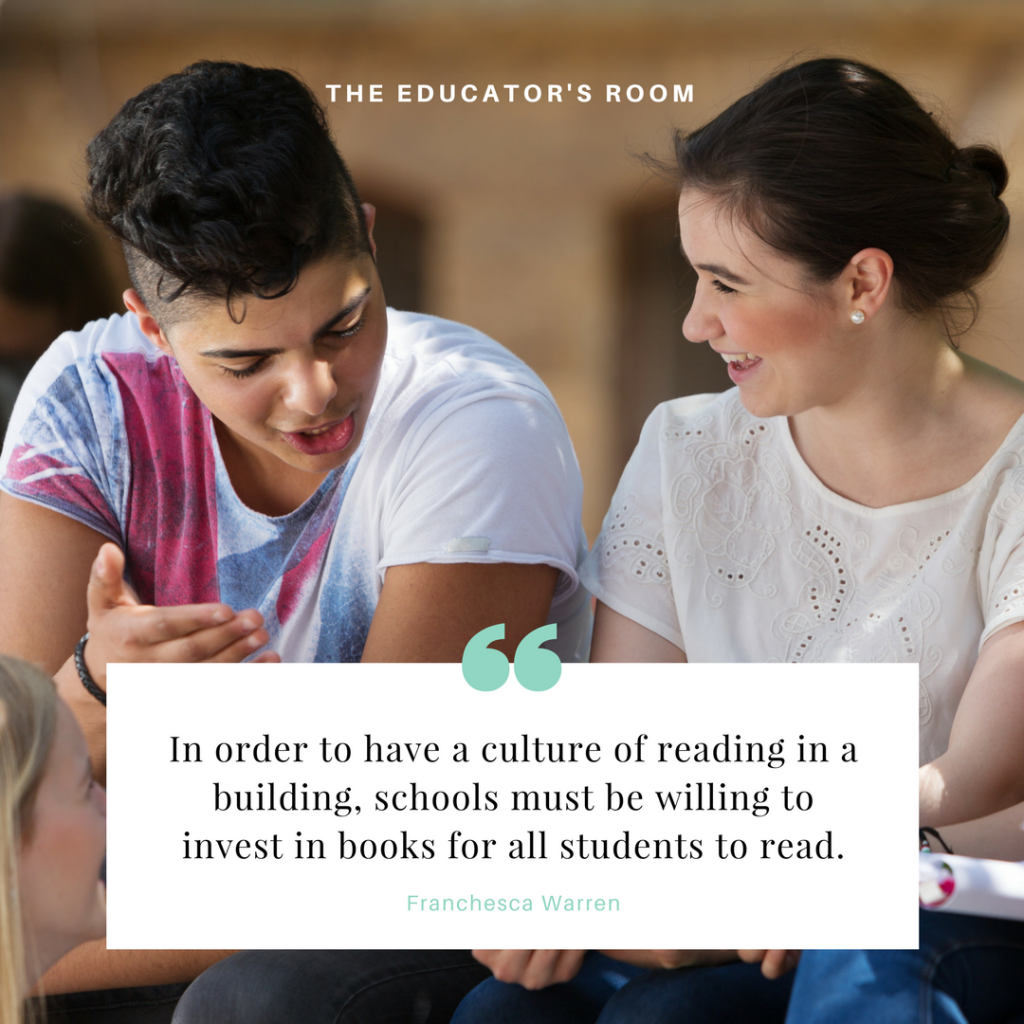

![[Instructional Coach Chronicles] Working With a Teacher You Don’t Like](https://theinstructionalcoachacademy.com/wp-content/uploads/2018/04/the-instructional-760x400.png)
